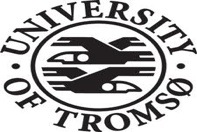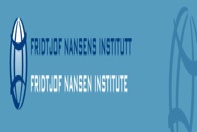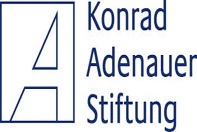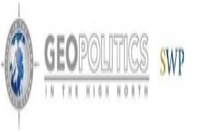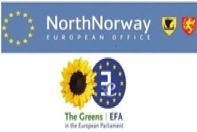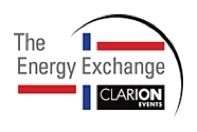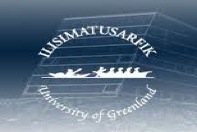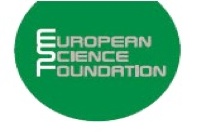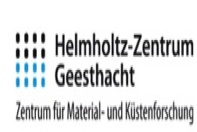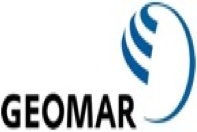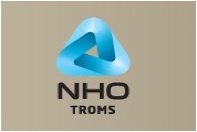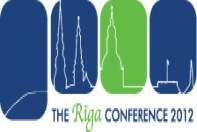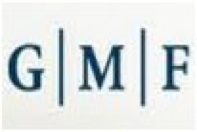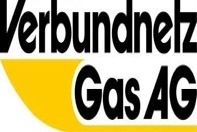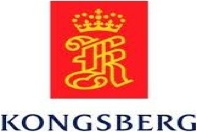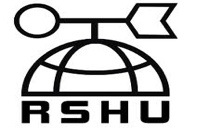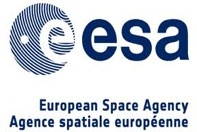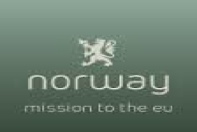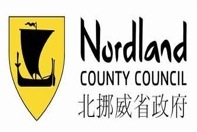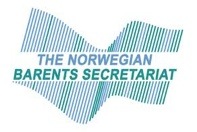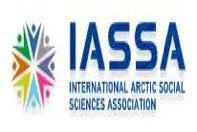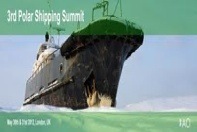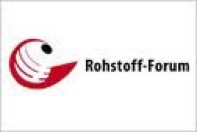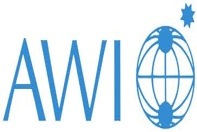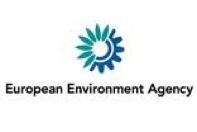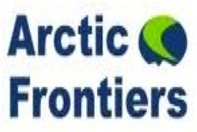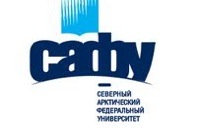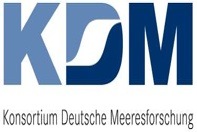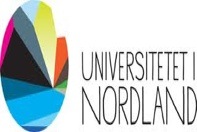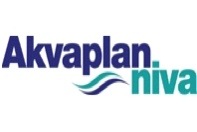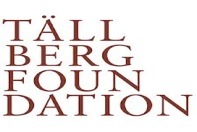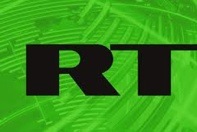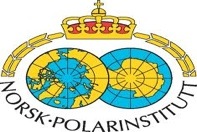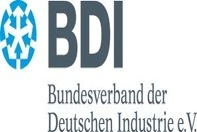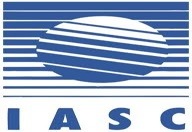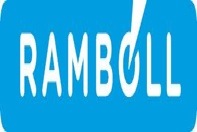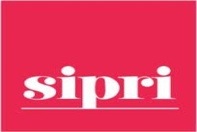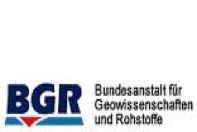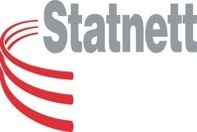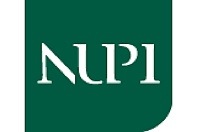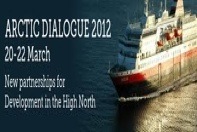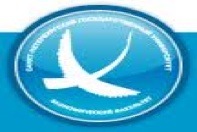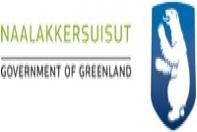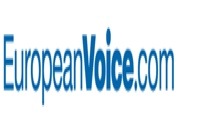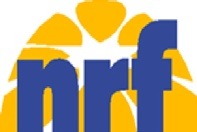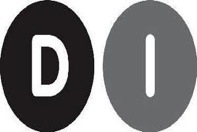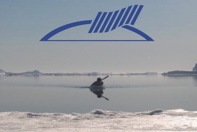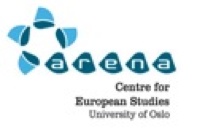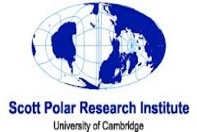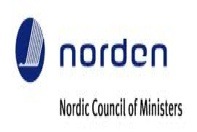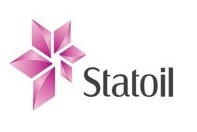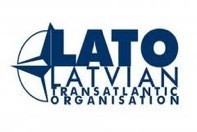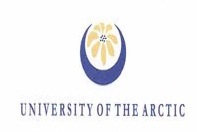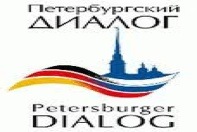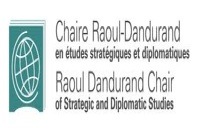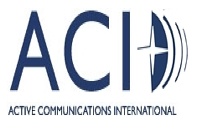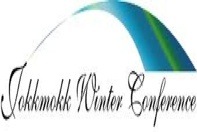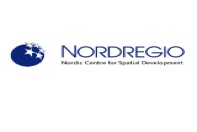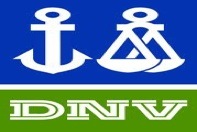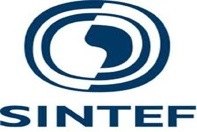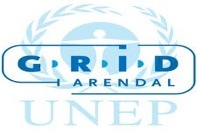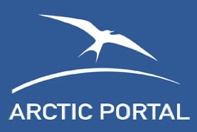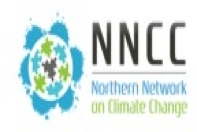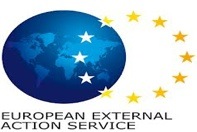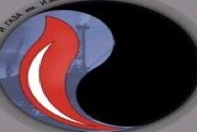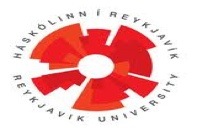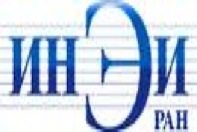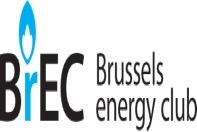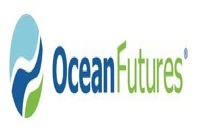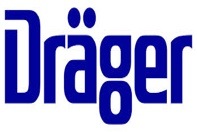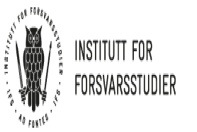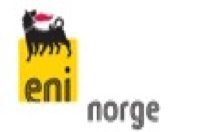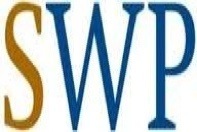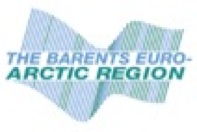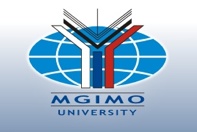Nordic Council of Ministers EU-seminar: “An Arctic Agenda”
“An Arctic Agenda” took place on 8 April in Brussels and targeted at how and where the EU can make a difference in the Arctic. The seminar presented focused discussions around the themes Environment, Economy and Innovation and Civil Society. The background for the seminar laid in two previous conferences on the Arctic hosted by the Nordic Council of Ministers: “Common Concern for the Arctic” and “Arctic – Changing Realities.”
The European Parliament has requested the EU Commission in its Report on the High North, by EU ARCTIC FORUM Board Member Michael Gahler MEP, to take initial steps to create an EU-Arctic Centre. Rovaniemi in Finland was suggested by Finnish diplomats to be the hub for this network that is intended to secure a firmer scientific basis for future policy decisions in the Arctic.
Hannu Halinen, Finnish Ambassador for Arctic Affairs and member of the Arctic Expert Committee under the NCM argued that an EU-Arctic Centre would improve research and dialogue around Arctic issues, ensuring the impact of scientific research on new policy moves and initiatives. This would in its turn require a unique network of experience both from science and politics on the Arctic to better inform and intertwine scientific and political debates and processes.
This move reflects a growing concern for the Arctic in the EU system, a concern increasingly reflected by the activities of the Nordic Council of Ministers over the last three years.
“Years ago, if one stated a need for North Atlantic activities within the EU, one was told to focus on the right ocean, which to the EU then was only the Baltic Sea. That is changing rapidly with an inclusion of the North Atlantic Ocean and we are part of that movement” – the Secretary General of the Nordic Council of Ministers (NCM) Halldór Asgrímsson said in his opening remarks.
The EU Commission – represented by Director Bernhard Friess, Directorate General of Maritime Affairs and Fisheries – confirmed this change of focus and expressed a commitment for increased cooperation on Arctic issues with the NCM.
Both Bernhard Friess and Steffen Weber, Adviser on the European Parliaments Report and Secretary General of the EU ARCTIC FORUM underlined the obligation of the EU not only to continue promoting research and commercial activities in the region, but also assume responsibility for the ecological footprint of the EU in the Arctic.
According to the Ecological Institute in Berlin, emissions from the EU countries account for up to 45 % of black carbon in the Arctic and 24 % of all mercury. Black carbon increases ice melting and mercury endangers the livelihood of the indigenous populations, depending heavily on fishery.
The indigenous populations in the Arctic region are suspicious of EU intentions and sceptic due to controversies linked to seal hunting and whaling. “A certain inconsistency is perceived between EU support for economic development and a lack of understanding for indigenous practices”, said scientist Adèle Airoldi. Airoldi is author of key reports issued by the NCM since the 2008 landmark conference “Common Concern for the Arctic” in 2008, inauguring increased EU-Nordic dialogue in the Arctic.
The Nordic Council of Ministers is a crucial actor in EU-Arctic relations, both due to geographical location, but also because of its expertise and knowledge of the Arctic region.
